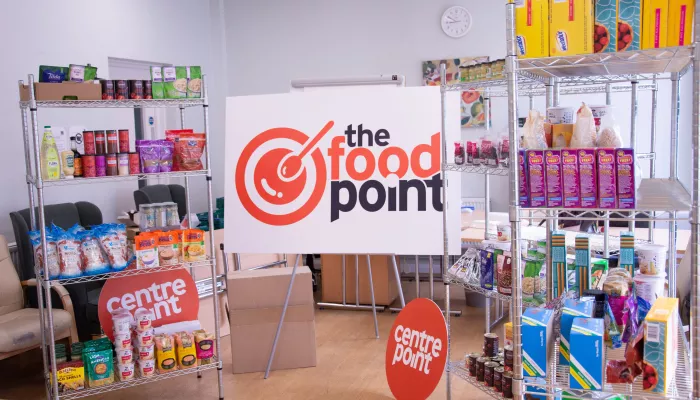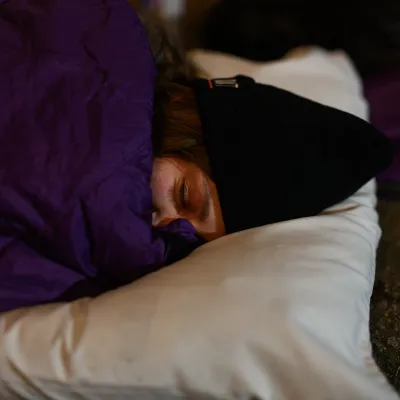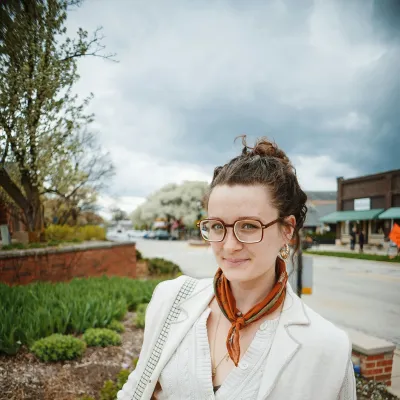The coronavirus has been strenuous on most in the UK, in various ways. The effect of an economy on the verge of collapse didn’t take long to ripple out to those whom it would always affect the most – the public – leaving many in dire circumstances that saw families unable to pay their mortgage, individuals forfeiting on their rent, and an extraordinarily large number of people struggling to afford basic necessities.
This struggle is quickly becoming evident in the research surrounding it: According to the UK food bank charity The Trussell Trust, mass unemployment in the Britain could lead to an increased demand of 300,000 more emergency food packages unless government action effectively reduces pandemic poverty as part of the (now delayed) Comprehensive Spending Review. This equates to a staggering six food parcels being given out by food banks every minute.
And it’s only set to get worse with the end of coronavirus and income support this autumn. However, coronavirus isn’t just increasing a reliance on food banks, but also impacting how they operate day to day. Sf you’re thinking about giving to a food bank, or using one yourself, we’re here to explain how to do this safely during the ongoing pandemic.
Are local food banks still operating?
Despite extreme pressure, the Trussell Trust say food bank staff and volunteers are continuing to provide support to their local communities during the pandemic. However, during these uncertain times, they cannot be sure how the pandemic will affect operations, and the safety of everyone visiting the foodbank is their priority. Therefore, it’s advisable to visit the Trussell Trust website in order to find your local foodbank and contact them directly to find out if you or anyone you know has been affected.
Who can use food banks during this time?
As always, foodbanks are there for those in the community who need their support. Citizens Advice, however, suggest a referral may be required; some independent local food banks may allow people to use their services without a referral, but many require referral partners, such as a GP, social worker or Citizens Advice to provide a referral. Advisers will then discuss the situation, asking questions about income and needs.
Some local Citizens Advice and referral agencies may be shut during this time, though. If that is the case, it’s possible that they’ll have emergency food boxes with partner organisations in various areas, or might be able to advise of other referral partners available.
For those affected by coronavirus in this way, food insecurity is new and foreign. But it’s something that had been an issue for a long time: “From a survey we did in 2017, we found out that 60% of people we surveyed in London and the North were skipping meals and going hungry because they didn’t have enough money for food,” says Centrepoint’s lead dietitian, Isabel.
We are dedicated to ensuring young people in our services have a positive relationship with food via our Food Point, run by Isabel, which shows people how to shop for and make nutritious but tasty meals on a tight budget, while also stamping out the stigma surrounding food insecurity. “I used to only eat one proper meal a day, now I tend to eat three. It’s definitely got me eating more fruit and veg,” one Centrepoint user said of Food Point. “I recently tried papaya for the first time, and I never used to like fish, but now I do. It’s encouraged me to take on a healthier lifestyle during my pregnancy.”
One of the main issues for Centrepoint users is managing their Universal Credit – often the long assessment period means many are left without funds for several weeks, and those without constant access to a computer risk being sanctioned, which blocks payments for four weeks. Plus, the amount they receive isn’t much and, once split between food, bills and travel, many struggle to make ends meet.
As we enter the latter half of the year with soaring numbers applying for universal credit, this will be an issue exponential numbers of UK residents will be discovering (in just the first two weeks of lockdown there had been just shy of one million UC applications). And as Covid-19 wears on, many are finding they are not eligible for Universal Credit, and there are even rumours of another overhaul to the system, reducing benefits down even lower after this year’s unfortunate boom. Learning to live on the breadline is something many now face.
How can I use food banks in my area if I’m self-isolating or worried about travelling due to coronavirus?
If you qualify for food bank services but are currently self-isolating or concerned about visiting food banks due to the pandemic, The Trussell Trust recommends contacting your local food bank to find out if they offer food parcel delivery or checking to see if someone would be able to collect it on your behalf.
Individuals who can afford food but can’t get to the shops due to self-isolating should avoid contacting food banks – they are there to help those in financial difficulty and may be running a reduced service to keep volunteers safe during the outbreak.
For Centrepoint young people, it’s been incredibly hard to navigate self-isolation, particularly young parents in our care. “There are no nappies or wipes. If we have to isolate we will have nothing: no food, no nappies, no wipes, no gas and electric, the things that keep us safe and warm,” said one young parent during the height of lockdown. At times like these, food banks provide crucial support to those who need to feed not just themselves, but their families too.
How to donate to food banks safely
If you’re thinking about making a donation to a food bank – great! Get in touch with your local food bank about donating, as each will look after the management of their own donations and may have different needs. Items can be dropped off at the food bank or at local donation points, with details available on the website of your local food bank. We know it’s not always easy to get to your local food bank though, and so financial donations are also welcome during this time of increased demand if you can’t drop items off directly.
Most areas will have a food bank close to them, but if you find yourself with items to donate and nowhere to donate them, check your local supermarket, who will often have donation sections for local food banks, so you can donate items during your regular shop.
The food industry throws away 1.9 million tonnes of food a year; 250,000 of that is still edible. Food banks work to eliminate this food wastage, making use of excess food that would otherwise be binned. Our Food Point essentially functions as a food bank for Centrepoint young people, providing them with nutritious food, but also teaching them how to make the most it: navigating ‘use by’ and ‘best before’ dates, demonstrating multiple meals that can be made for limited ingredients, and what meals are suitable for freezing. Knowing these things, no matter how small, all help reduce food waste.
Many foodbanks across the UK may also need extra volunteers during this time to help sort and pack donations, collect donations from supermarkets and deliver food to those in crisis. Anyone interested in volunteering can contact The Trussell Trust.
What do food banks need?
People looking to support foodbanks can contact their local food bank directly, or check their website or social media channels to find out which items are needed. If you’re still unsure, food parcels typically contain the staples of a standard food cupboard: carbohydrates such as cereal, pasta and rice; tinned goods like tomatoes, pasta sauce, soup, tinned meat, fish and vegetables; legumes such as lentils, beans and pulses; tea, coffee and biscuits; UHT milk and fruit juice (anything easily perishable, like dairy, should be avoided). Essentially, food parcels should represent a balanced diet – its items should promote health and wellbeing. Many will also provide essential non-food items, such as hygiene products and toiletries, so it is worth checking with the local food bank first.







